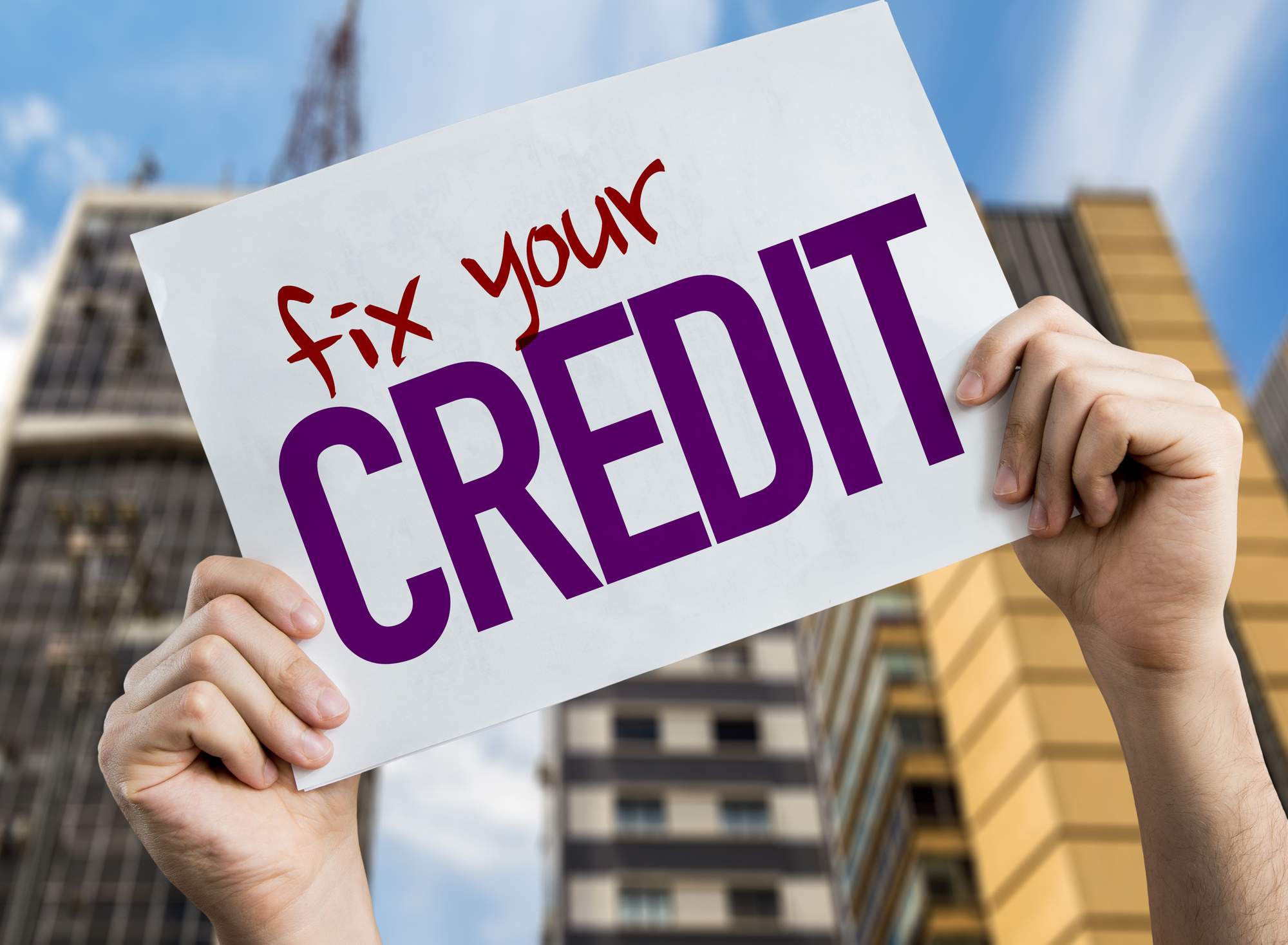
Debunked: Don’t Believe These Top Credit Myths That Can Actually Harm Your Credit
Did you know that the first personal FICO (Fair, Isaac, and Company) score debuted in 1989? That means it’s been around for more than three decades. However, US credit bureaus existed for over a hundred years before that.
Despite that long history, numerous credit myths still abound. Worse, some claim to be helpful but can, in reality, do more damage.
To that end, we decided to create this guide on credit facts and myths. So, keep reading, as it can help you avoid making costly mistakes.
It’s Fine to Have No Credit
Having no credit means you don’t have an existing credit history. That may be better than having bad credit, but it can still hurt if you need a credit card, mortgage, or personal loan.
Without a credit history, lenders don’t have a way to assess your creditworthiness. If lenders don’t know how creditworthy you are, they may find you too risky. That can result in them denying your credit card or loan application.
Checking Your Credit Costs Money
It doesn’t have to, as you can get a free copy from one or all the three major credit agencies. You can even request it every week at no cost throughout 2022. It used to be once a year, so take advantage of the free weekly reports to monitor your credit.
Checking Your Credit Impacts Your Score
If it’s you carrying out the credit check, no, it won’t cause your credit score to dip. If anything, it’s a good idea to check your credit report to ensure it doesn’t have any errors.
Such credit mistakes are common; in a recent study, 34% of people in the US said they found errors in their reports.
Your Credit Score Follows You Everywhere
No, countries don’t share credit scores.
So, your American score doesn’t have a bearing outside of the US, not even in Canada. That’s despite Equifax and TransUnion being in the Great White North. To learn more about Canadian credit scores, visit princeoftravel.com.
The above doesn’t mean your credit-related behavior won’t follow you abroad. Thus, if you made borrowing mistakes in the US, avoid committing them again. Instead, consider your relocation as a way to start with a clean slate and become a more mindful borrower.
Making Minimum Card Payments Is Fine
This misconception is one of the most pervasive credit card myths you need to stop believing now. That’s because it’s only great for creditors but not for your finances and credit score.
Paying the minimum amount indeed helps you avoid late fees. Plus, it allows you to keep your credit card accounts in good standing.
However, if you keep making only the minimum payments, you’re going to rack up interest charges. That’s money you could otherwise save if you pay off your balances in full.
Moreover, the longer you hold on to your balances, the more time you spend in debt.
Your credit score can also suffer since balances raise your credit utilization rate. That, in turn, can affect up to 30% of your credit score.
Stop Believing These Credit Myths
As you can see, credit myths can hurt your credit score. For instance, you might not want to check your report because you think it could hurt your score. No, it doesn’t, nor does it cost money, but failure to review it puts your score at risk since it may be full of errors.
So, for your financial sake, stop believing all those misconceptions.
Did you find this guide interesting? If so, you’re sure to love our other posts, so feel free to read them now!















